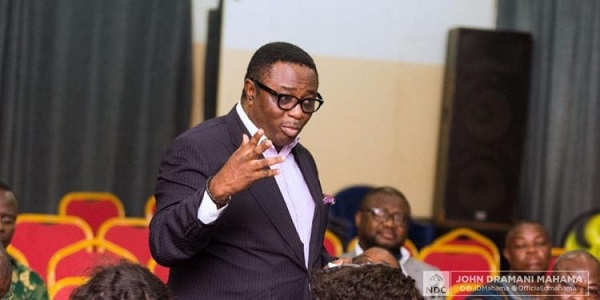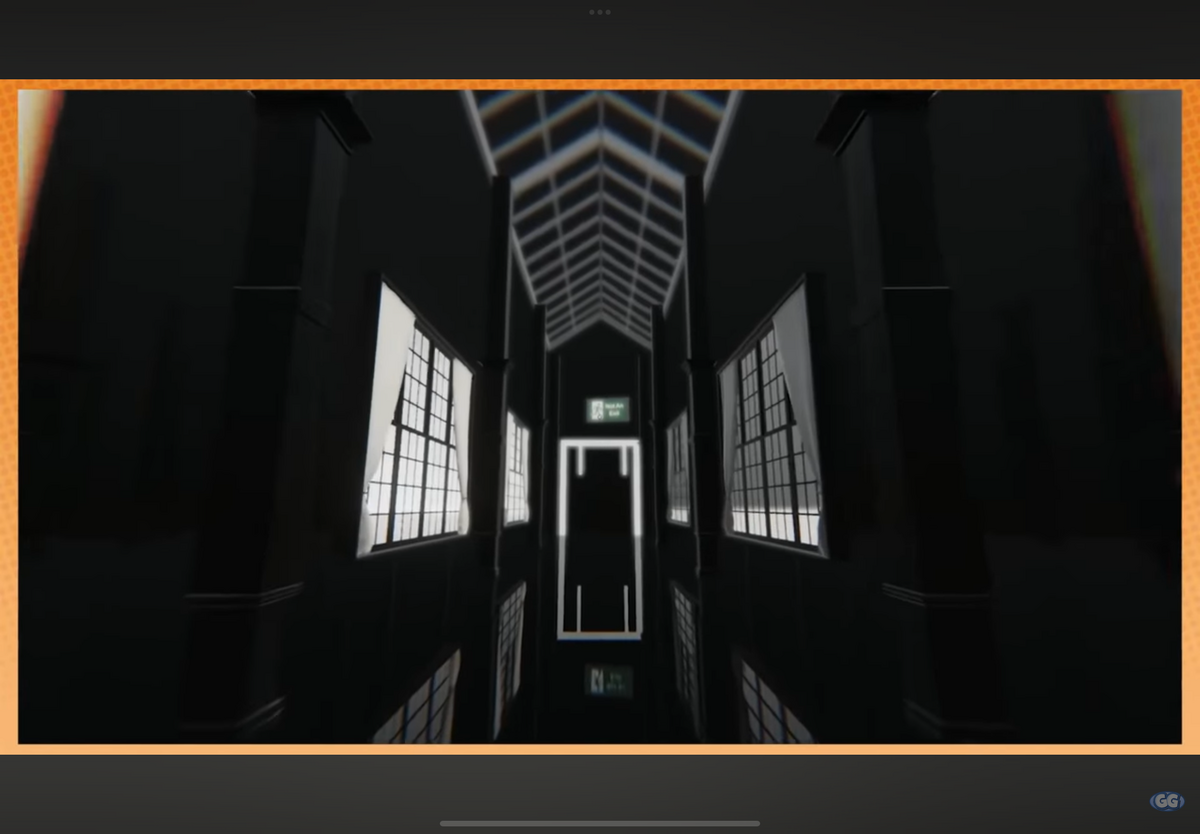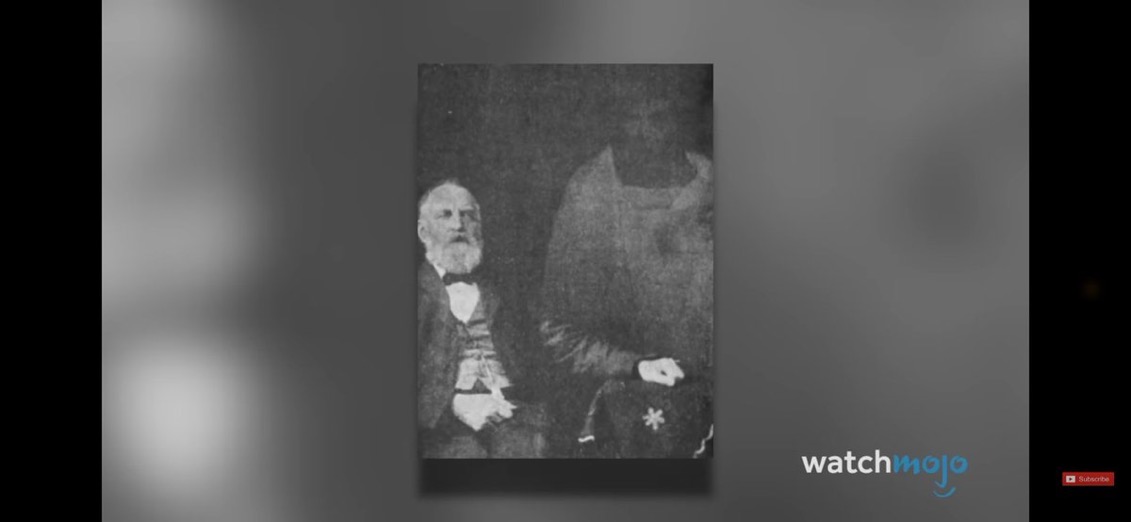Two Years Of The Tinubu Regime: A Disaster For The Nigerian People, By Daniel Akande | Sahara Reporters
As President Bola Ahmed Tinubu marks his second year in office, millions of Nigerians aren’t celebrating; they’re barely surviving, struggling to raise their heads above sea level. Some are still in the captivity of terrorists, bandits, kidnappers, and herders. The regime, on the other hand, is becoming more ferocious on a daily basis. It is only the organised power of the mass of the working people that can truly resist his ferociousness. We must bring the government to a sad realisation that the economy is a total failure. We cannot begin to think of scoring this current regime; hence, it would not only bring disgrace, it will equally begin to remind us of the previous regimes, which also failed but were better in terms of performance. This regime is the worst of all. From the moment he stepped into power, his administration has unleashed a barrage of anti-poor economic policies that have deepened poverty, widened inequality, and worsened the daily reality of life for ordinary people. I remember earning less than ₦100,000 in this country and I lived so well that I usually had enough to save, but the current reality is that even when my monthly take-home is multiple times the previous wages, I still cannot live up to basic needs and expectations. Even earning a million in this country will at last amount to nothing. The economy is currently in a state of shambles. I was discussing lately with someone about how much I bought my Hisense 32 inches in 2019, which was just less than ₦40,000, but today the same quality of TV is nothing below ₦200,000. In just less than 5 years, our lives have transformatively retrogressed that we now pray for a return to our yesterday.
The regime said it packaged “reform”, but in reality, it has turned out to be a nightmare for the working class, students, traders, artisans, and the unemployed.
Tinubu came into office promising hope, but two years later, all that Nigerians see is hunger, hardship, sudden death, kidnapping as a result of insecurity, and hopelessness.
The first nightmare was his pronouncement of the Fuel Subsidy Removal, a heavy punch to the stomach of the ordinary working class and the poor farmers.
On his first day in office, Tinubu abruptly removed the fuel subsidy, a move that instantly doubled and then tripled the price of petrol. Transport fares skyrocketed. Food prices shot up. Electricity tariffs rose. And millions of people were thrown into deeper poverty overnight. We were able to feel the negative impacts of this policy immediately; it was a sorrowful transformation.
Instead of investing in refineries, regulating oil prices, or providing alternatives, Tinubu's regime simply told Nigerians to “tighten their belts.” With no apology, arrogantly, the regime told us to go to hell. But while the poor have been tightening their belts to the point of suffocation, the political elite continue to live in obscene luxury. We saw billions of naira stolen, renovation of the Vice President’s apartment, purchase of a private jet, and endless attacks on civic space.
The government claimed the savings from the subsidy removal would be used for social welfare. But where is the evidence? Most Nigerians have seen no improvement in their lives, only endless suffering. We were told that ₦7 trillion was saved from the fuel subsidy just after three months of the implementation of the removal, yet to date the money hasn't been accounted for, nor do we feel the direct impact of the money. Let’s assume that the country saves ₦7 trillion every 3 to 4 months; it would mean that the country should have saved about ₦56 trillion in the last two years. The reality is that this government is a total failure, and full of propaganda. The regime that arrogantly and strong-headedly agreed that 10–12 years’ privatisation of the power sector is a failure through its recent proclamation that it wants to purchase solar for the Presidential Villa—this same government should just agree to its incompetency and failure.
Austerity for the Poor, Luxury for the Rich: The Tinubu administration has embraced a brutal and assaulting austerity programme designed to please international lenders and foreign capitalists at the expense of ordinary citizens. Government services are being slashed. Funding for public education, healthcare, and social services has been cut or withheld, while taxes and levies on the poor and working people have increased. Nigerians now pay taxes on everything we purchase on a daily basis; the cost of water, electricity, telecommunication data, cable TVs have all increased. Yet, the minimum wage was reluctantly raised to ₦70,000—a poverty wage. No single worker can survive this kind of economy. Labour should stand up and defend the interest of their members, demand a living wage. No one could survive in this economy with a salary below ₦1 million per month. Yet, the politicians have continued to enjoy a luxurious lifestyle.
Despite this, the National Assembly continues to approve billions for luxury SUVs, lavish travels, and inflated contracts. The message is clear: there is money for the rich, but not for the people.
Privatisation and the Assault on Public Education: Quality education for the children of the rich, poverty for the children of the poor.
Tinubu’s government has boldly increased the privatisation and commercialisation of the education sector. Public universities are crumbling from neglect, yet the regime is pushing for students to take loans to afford higher education in a country with one of the highest youth unemployment rates in the world!
Education is fast becoming a privilege of the wealthy. The children of the poor are being priced out of classrooms. Meanwhile, the children of the ruling class are studying abroad, paid for by looted public funds.
The proposed Students Loan Act is a cruel joke. How can students pay back loans in a country where there are no jobs? It’s a debt trap that will punish young people for daring to seek an education. Yet, the reality is that most students are not accessible to these funds. Research and testimonies from most students across the nation have shown the lies behind the disbursement of the student loans as claimed by the government.
Another Hot Blow from the Regime is the Naira Devaluation Crisis:
Under Tinubu’s neoliberal economic policy, the naira has been floated and violently devalued. In less than two years, the exchange rate collapsed from ₦450/$1 to over ₦1,500/$1 and above. The cost of importing goods has more than tripled, leading to unbearable inflation on basic commodities.
Bread, rice, garri, yam, cooking oil—everything is now a luxury. Salaries remain stagnant, and small businesses are folding up by the day. Even local farmers can’t afford the rising cost of fertilisers and transportation. This is outside the crisis of insecurity!
The Central Bank, under Tinubu’s influence, has become a tool of monetary punishment rather than economic stability. Instead of boosting local production, this government is betting on the failed gamble of currency liberalisation. The Central Bank under the Tinubu regime has a double role; it also serves as Bureau de Change.
Crushing the Poor While Shielding the Rich: Tinubu's economic agenda is a philosophical case of capitalism gone mad, a capitalist arraignment where profits come first and people come last. Every major policy in the last two years—from subsidy removal to currency devaluation, from public sector cuts to student debt schemes—has targeted the poor. Meanwhile, big corporations, oil companies, and political godfathers continue to enjoy tax waivers, bailouts, and protection. In short, they now also have the backing of the judiciary.
Resistance Must Rise:
But Nigerians are not fools. Across the country, protests are breaking out—from students rejecting education commercialisation, to labour unions demanding living wages, to market women, keke riders, and unemployed youth saying “Enough is Enough.” Through the #EndHunger protest and the #EndBadGovernance protest, we can't continue like this. Although the regime has violently scrambled the protests, the movement cannot be suppressed.
The regime may try to silence dissent, but the pain is too real, and the anger too deep.
What we need is a government for the people, but to actualise this, we need to build a mass workers’ party for all the layers of the oppressed strata of society.
We need an alternative. Not just a change of faces in power, but a change of system—one that puts people before profit. A democratic socialist solution that prioritises free education, quality healthcare, public ownership of key industries, and jobs for all—not just for those with connections but for the rank-and-file members of society, including the traders, farmers, artisans, and students.
We must organise, mobilise, and build a mass movement that can challenge this rotten system. The Nigerian people deserve better than a government that makes them suffer while enriching the few. But this cannot just happen if we don't put in place a system of the economy in such a way that it will benefit the majority of the ordinary people. The commanding heights of the economy must be placed under the democratic control and management of the rank-and-file workers and members of society, and used to better the lot and aspirations of the mass of the working class.
Daniel Akande, Secretary General,
Solidarity Network for Workers' Rights (SNWR).










